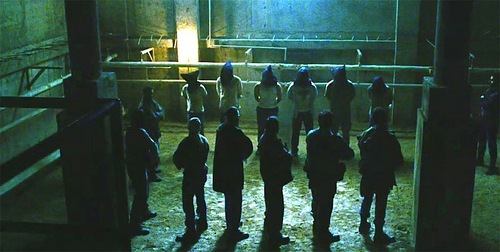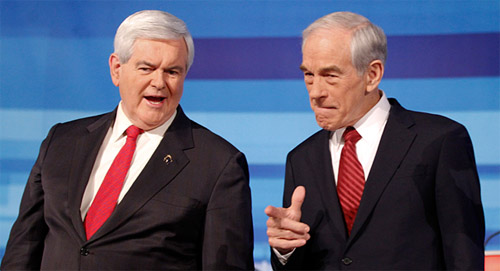The day will come when “Transformers: Revenge of the Fallen” will be studied in film classes and shown at cult film festivals. It will be seen, in retrospect, as marking the end of an era. Of course there will be many more CGI-based action epics, but never again one this bloated, excessive, incomprehensible, long (149 minutes) or expensive (more than $200 million). Like the dinosaurs, the species has grown too big to survive, and will be wiped out in a cataclysmic event, replaced by more compact, durable forms.
Oh, I expect the movie will make a lot of money. It took in $16 million just in its Wednesday midnight opening. Todd Gilchrist, a most reasonable critic at Cinematical, wrote that it feels “destined to be the biggest movie of all time.” I don’t believe “Titanic” and “The Dark Knight” have much to fear, however, because (1) it has little to no appeal for non-fanboy or female audiences, and (2) many of those who do see it will find they simply cannot endure it. God help anyone viewing it from the front row of a traditional IMAX theater–even from the back row. It may benefit from being seen via DVD, with your “picture” setting dialed down from Vivid to Standard.
The term Assault on the Senses has become a cliché. It would be more accurate to describe the film simply as “painful.” The volume is cranked way up, probably on studio instructions, and the sound track consists largely of steel crashing discordantly against steel. Occasionally a Bot voice will roar thunderingly out of the left-side speakers, (1) reminding us of Surround Sound, or (2) reminding the theater to have the guy take another look at those right-side speakers. Beneath that is boilerplate hard-pounding action music, alternating with deep bass voices intoning what sounds like Gregorian chant without the Latin, or maybe even without the words: Just apprehensive sounds, translating as Oh, no! No! These Decepticons® are going to steal the energy of the sun and destroy the Earth! The hard-pounding action music, on the other hand, is what Hollywood calls Mickey Mouse Music, so named because, like the music in a Mickey Mouse cartoon, it faithfully mirrors the movements on screen. In this case, it is impatient and urgent. I recommend listening to it on your iPod the next time you have difficulty at the doctor’s office filling the little plastic cup.
December 14, 2012





